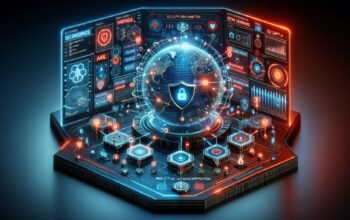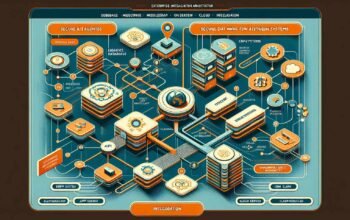Well its been a very long time since my last blog. I have been finding the answers on how do we define intelligence? And here is what I have learnt. Its been a very long time on which the debate is going on the necessities of intelligence, but sadly, there is little sign of consensus. Lets have a brief talk on it :
“AI is concerned with methods of achieving goals in situations in which the information available has a certain complex character. The methods that have to be used are related to the problem presented by the situation and are similar whether the problem solver is human, a Martian, or a computer program.”
Intelligence usually means “the ability to solve hard problems”.
“By ‘general intelligent action’ it seems to be the same sort of intelligence as we see in human action.In any real situation behavior appropriate to the ends of the system and adaptive to the demands of the environment can occur, within some limits of speed and complexity.”
And after all these years of study, we still don’t know very much about it. There are a lot more queries than answers. We all know that a well-founded definition is usually the result, rather than the starting point, of scientific research. However, there are still reasons for us to be concerned about the definition of intelligence at the current time. Though clarifying the meaning of a concept always helps communication, this problem is especially important for AI. Without a clear idea of what intelligence is, it is very hard to say why AI is different from computer science or psychology. More importantly, the researcher in this field needs to justify his/her research plan according to such a definition. Anyone who wants to work on artificial intelligence has to face a two-phase assignment:
- to choose a working definition of intelligence
- to produce it in a computer.
A working definition is a definition concrete enough that you can directly work with it. By accepting a working definition of intelligence, it does not mean that you really believe that it fully captures the concept “intelligence”, but that you will take it as a goal for your current research project. Therefore, the lack of a consensus on what intelligence is does not prevent each researcher from picking up a working definition of intelligence. Actually, the thing is, unless we keep one definition, we wont be able to claim that we are working on artificial intelligence. By accepting a working definition of intelligence, the most important commitments a researcher makes are on the acceptable assumptions and desired results, that helps us binding all the concrete work that follows. Before studying concrete working definitions of intelligence, we need to set up a general standard for what makes a definition better than others. Carnap meets the same problem when he tried to clarify the concept of “probability”. The task “consists in transforming a given more or less inexact concept into an exact one or, rather, in replacing the first by the second”, where the first may belong to everyday language or to a previous stage in the scientific language, and the second must be given by explicit rules for its use. According to him, the working definition, must fulfill the following requirements:
- It is similar to the concept to be defined, as the latter’s vagueness permits.
- It is defined in an exact form.
- It is fruitful in the study.
- It is simple, as the other requirements permit.
All these requirements are very much reasonable and suitable for the current purpose. And let us have a look what they mean concretely to the working definition of intelligence:
- Similarity: Though “intelligence” has no exact meaning in everyday language, it does have some common usages with which the working definition should agree. If we consider that a normal human beings are intelligent, but most animals and machines are either not intelligent at all or much less intelligent than human beings.
- Exactness: Given the working definition, whether a system is intelligent should be clearly decidable. For this reason, intelligence cannot be defined in terms of other ill-defined concepts, such as mind, thinking, cognition, intentionality, rationality, wisdom, consciousness, and so on, though these concepts do have close relationships with intelligence.
- Fruitfulness: The working definition should provide concrete point for the research based on it, for instance, what assumptions can be accepted, what phenomena can be ignored, what properties are desired, and so on. Most importantly, the working definition of intelligence should contribute to the solving of fundamental problems in AI.
- Simplicity: As intelligence is surely a complex mechanism, the working definition should be simple. Theoretically, a simple definition makes it possible to explore a theory in detail; and practically a simple definition is easy to implement.
For our current purpose, there is no exactly “right” or “wrong” working definition for intelligence, but there are comparative ones. When comparing proposed definitions, the four requirements may conflict. For example, one definition is more fruitful, while another is simpler, other may be exact and may be the other one is similar. In such a condition, some weighting and trade-off becomes necessary factor. However, there is no evidence showing that in general the requirements cannot be satisfied at the same time.







